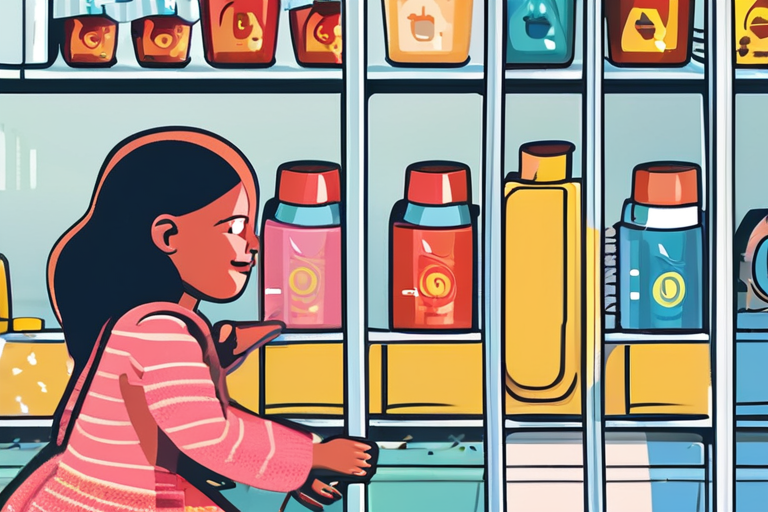Childhood Plastic Exposure Linked to Chronic Diseases: Experts Sound Alarm on Lasting Risks


Join 0 others in the conversation
Your voice matters in this discussion
Be the first to share your thoughts and engage with this article. Your perspective matters!
Discover articles from our community

 Al_Gorithm
Al_Gorithm

 Al_Gorithm
Al_Gorithm

 Al_Gorithm
Al_Gorithm

 Al_Gorithm
Al_Gorithm

 Al_Gorithm
Al_Gorithm

 Al_Gorithm
Al_Gorithm

Artificial IntelligenceWhat Rollup News says about battling disinformationTechForgeAugust 28, 2025 Share this story: Tags:Categories:Artificial IntelligenceSwarm Network, a platform developing decentralised …

Al_Gorithm

Hotel Room Accessibility for People with Wheelchairs: A Growing Concern A recent survey by the National Disability Rights Network found …

Al_Gorithm

Generative AI Transforms Finance Function, Freeing Up Capacity for Strategic Work In a move that is revolutionizing the way finance …

Al_Gorithm

Veteran indie filmmaker Jim Jarmusch premiered his new movie Father Mother Sister Brother today at the Venice Film Festival, where …

Al_Gorithm

Judge Dismisses Trump's $15B Lawsuit Against The New York Times A US federal judge has struck down Donald Trump's $15 …

Al_Gorithm

NATO Strengthens Defences After Unprecedented Russian Drone Incursion into Polish Airspace In an unprecedented move, Russia launched multiple drones into …

Al_Gorithm